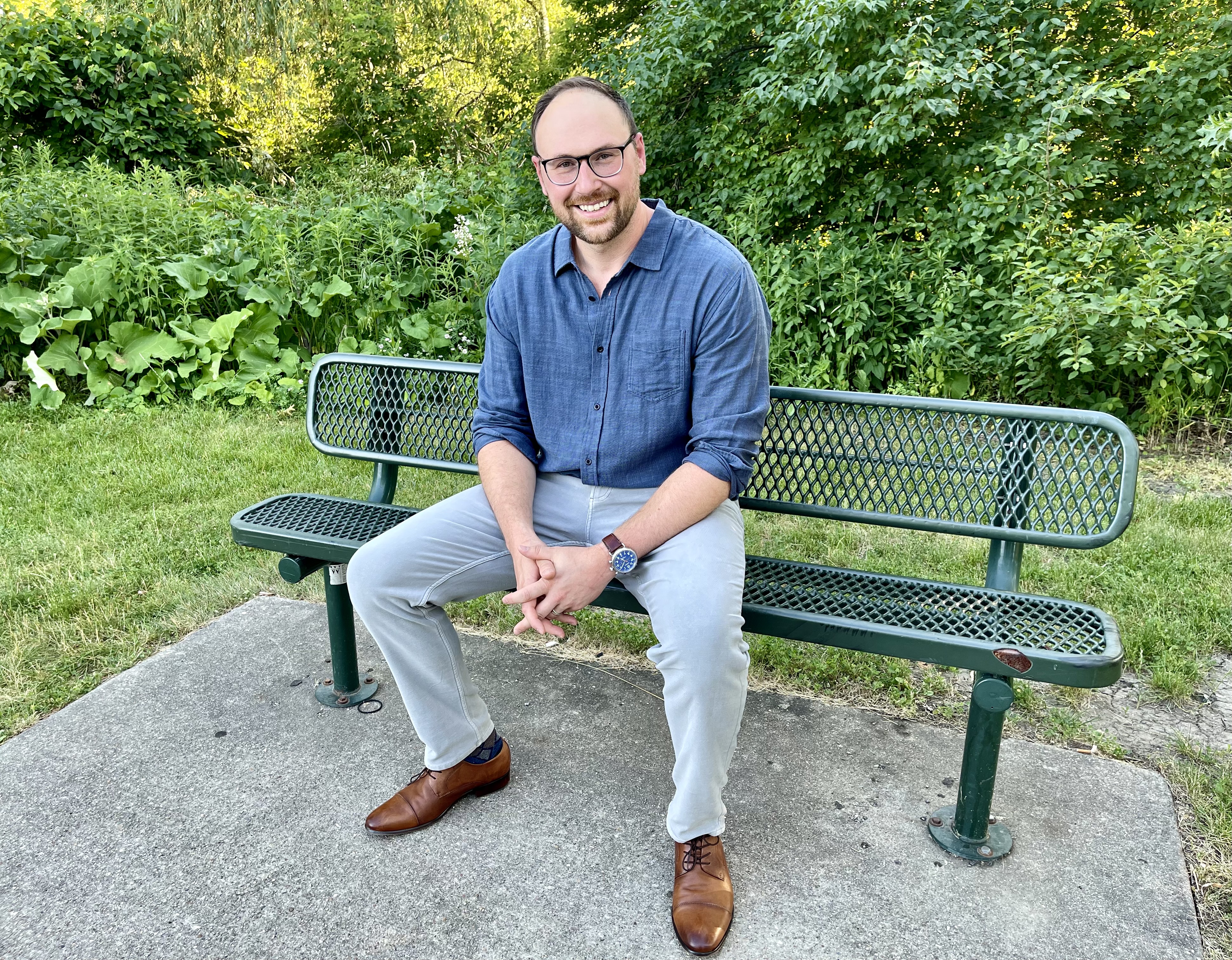
Forgetting How to Fly: Why Adults Need to Go Back to Neverland
In the movie Hook, Robin Williams plays a grumpy, middle-aged man that’s dispirited by everyday life. We later find out that he is Peter Pan, but left Neverland (and the memory of Neverland) many years ago to start a family.
The story continues when his nemesis, Captain Hook, kidnaps his children and now must return to Neverland to save them. Robin William’s character eventually goes back but has forgotten how to fly, fight, and crow (hallmarks of his younger self). He had forgotten who he was, disenchanted by the stresses of adult life away from Neverland.
Forgetting How to Fly
So many of us race to grow up. We can barely contain ourselves to reach the age to drive, leave home, turn 21, have children, etc.
We may forget to cherish the purpose of childhood—a stage in life meant to foster curiosity, imagination, and wonderment for this new world we find our selves in.
Then, as if mocked by the childhood self left behind, many will find themselves lost and burdened by the harsh truths of adulthood and —much like Robin William’s character—forget who they are. They have left the childlike spirit that at one point allowed them to be in touch with their true nature.
Similar to how Peter Pan in Hook rediscovered how to “fly, fight, and crow”. Let’s take our own trip to Neverland and explore the ways in which we may have forgotten how to fly…
1. Language
“Language is both limiting and liberating”
As adults, language becomes a necessary tool. As we label things in everyday life, we also simultaneously discount their wonderment. In Neverland, we see how language can be quite limiting.
We lose the innocent sense of awe for this weird-looking-bird-thing that somehow survives in below freezing temperatures. This creature simply becomes “penguin” and we move on with our day. Language narrows our view of the world that was once pure emotion, sensation, and discovery.
- Neverland Lesson 1: See the world without labels.
2. Purpose
As a child explores the world they learn their unique strengths and interests. So many of us reach adulthood without properly exploring and/or integrating these attributes from childhood, leaving us directionless.
The Japanese term Ikigai is translated as “the reason for being” and sums up this concept quite well. We have a responsibility to find our own specific Ikigai, a purpose for life that elicits the excitement and passion comparable to the experiences left in Neverland.
- Neverland Lesson 2: Find and nurture your Ikigai.
3. Mind
A child laughs, cries, plays and then simply… moves on. As adults, we like to get lost in our heads. We overcomplicate, overthink, take things too seriously, and stress over the simplest of decisions.
We are frequently left with the heavy weight of unnecessary stress and anxiety. Life is complicated enough without the agony of deciding what cereal to buy. Instead, we must find moments to be present. Truthfully, I’m not sure it’s the childhood moments themselves that were gratifying… but that we instead allowed ourselves to be completely immersed in whatever we are doing in that moment.
- Neverland Lesson 3: Get out of your head.
4. Play
If you were lucky, childhood was filled with experimentation in sports, music, art, dance, and beyond. As adults, we often sacrifice these outlets for more hours on the job, watching TV, or staring at our phones. Our romantic relationships also suffer once our playfulness is curbed by automatic and routine interactions with our partners after the honeymoon phase.
Believe it or not we have an emotional pathway hard-wired for play…we are essentially designed to play. Activities that allow us to play bring joy to our lives. We should see our hobbies and interests not as “something I might get around to” but as a priority for a fulfilling life.
- Neverland Lesson 4: Go have some fun
5. Creativity
If you were given a cardboard box in Neverland it wouldn’t just be a brown thing to put things in. You’d look at it and see 1,000 different possibilities. Within the offshoots of your mind you’d imagine using it as a car, fort, pirate ship, instrument, cave, the list goes on.
Divergent thinking is a non-linear, open-ended style of thinking that involves generating several different free-flowing ideas to a question. It has been seen as a tool to foster creativity. Research has shown that children tend to be much better at it than adults.
To lose our ability to think divergently is to inhibit our ability to problem solve efficiently, think outside the box, and proudly create something that didn’t exist the day before.
- Neverland Lesson 5: Think Divergently
6. Friendship
Finally, what would Neverland be without The Lost Boys. As children, time spent with our friends stimulated a sense of adventure, imagination, and amusement. Nowadays, hanging out with friends looks more like getting a drink and talking politics… not a play-date The Lost Boys would particularly enjoy.
Last summer, a few friends visited me in Chicago. Now, months later it wasn’t the more popular “adult” activities such as going to dinner and drinks that stuck in their minds. Instead, everyone recounts the random adventures and novel experiences. When we found ourselves underneath the train tracks playing an impromptu stickball game, or when we randomly started dancing to funk music.
- Neverland Lesson 6: Utilize friendship for adventure, spontaneity, and novelty.
Neverland’s Forgotten
I must also give mention to the people that never had the luxury of their own childhood Neverland. Learning how to fly and getting into mischief with the Lost Boys was last on their list (and not by choice). They may have had to assume adult roles far too early, had smothering/absent caregivers, or were subject to abuse that left them feeling stunted and fearful. They were tragically robbed of their ability to fly.
For them, returning to Neverland is like exploring a foreign land, but it’s never too late. As humans, we have an uncanny ability to endure and survive—despite the circumstances or odds. For these people, they must gently allow themselves to channel the energy once used to protect themselves into a resource for curiosity and growth.
Going back to the “real world”
As the movie ends, Robin William’s character returns home from Neverland. He is still an adult and functions as so, but this time with a sense of joy and zest for life.
The challenge isn’t to act immature or relinquish your responsibilities (Ironically often called Peter Pan Syndrome). It’s to utilize Neverland’s lessons in the small moments of life: to see something ordinary and find the wonderment, to get out of your head and enjoy one of life’s simple pleasures, or have an adventure with friends.
This week I challenge you to find your own inner child that once lived in Neverland, and actively integrate them within your present self.
Life is too short to forget how to fly.
Adam Lencioni is a licensed mental health counselor empowering individuals and couples to overcome their personal obstacles and create flourishing, satisfying lives. He currently practices at CFC Therapy Group in Chicago, IL. Contact him at adam@cfctherapy.com.


Write a Comment